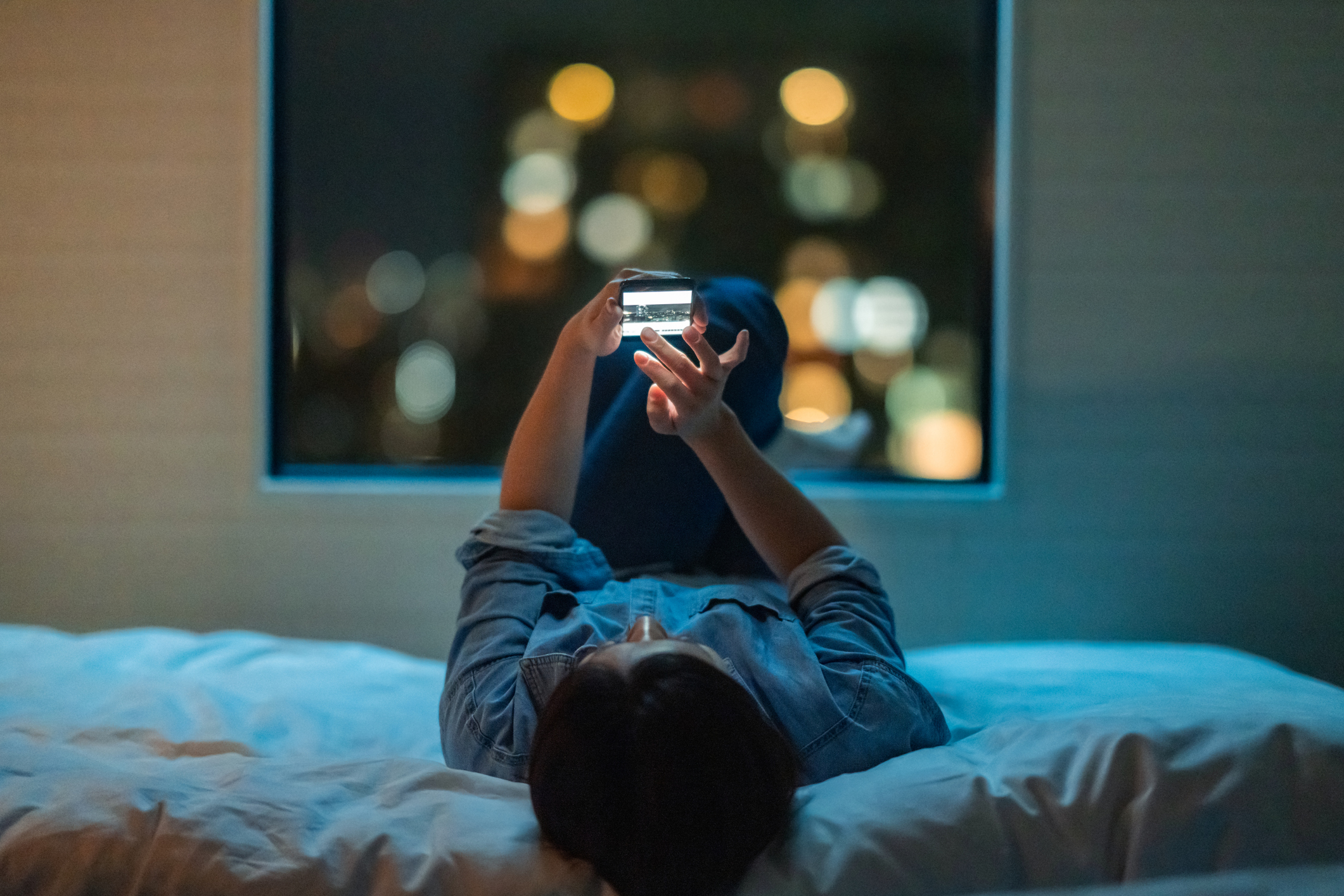
South Korean YouTuber Lim Ji-hye, known online as BJ Imvely, sat alone in her home on June 11, tearfully explaining her emotions to her followers in a livestream, which culminated with her apologizing to her family, sharing her will and walking out of frame. Silence filled the broadcast for about 20 minutes until paramedics entered her home.
“Get the scissors,” someone was heard saying before the livestream ended. Lim, a former actress and model, was taken to the hospital in critical condition, and died on Monday at age 37. An obituary was published on her Instagram account, which has since been set to private.
Earlier in the evening of her last broadcast, Lim had appeared in another live broadcast with fellow streamers. While the group downed glasses of alcohol, Lim was seen embroiled in a fight with a woman at the party. Lim returned home hours later and hosted the emotional solo livestream leading up to her suicide attempt. Police are now looking into criminal charges against some members of the party, local media reported.
As reports of Lim’s death have emerged, social media users are offering their condolences on her social media accounts.
More from TIME
“I thought it would happen, but I hoped it was a lie,” reads one comment on Lim’s YouTube channel. “It’s so sad and heartbreaking.”
Deaths by suicide in the K-pop industry
Lim’s passing joins a disturbing string of deaths by suicide among South Korean entertainers—a trend that has in recent years cast serious scrutiny on the mental health impact of the cut-throat industry.
In April, 25-year-old Moon Bin, a former child actor and member of the K-pop band Astro, was found unresponsive in his home after a suspected suicide. And in 2019, a trio of celebrity deaths by apparent suicide rocked the nation.
The latest entertainer to die by suicide is 33-year-old singer Choi Sung-bong, who came under fire in 2021 after he admitted to accepting public donations by pretending to be suffering from cancer. He was found dead in his Seoul home on Tuesday morning.
Mourning all of these fallen K-pop stars has already brought significant psychological stress to thousands of young fans, who have built parts of their identities and tight-knit communities around their favorite idols.
“Every time I heard Sulli’s name mentioned around me, I started to cry,” an 18-year-old fan told South China Morning Post a month after the K-pop star’s death in 2019.
Meanwhile, mental health professionals point to a culture of isolation among K-pop celebrities, who have little privacy living in the public eye and barely any free time from tight work schedules.
In 2017, 27-year-old Kim Jong-hyun of popular boyband SHINee died after leaving a lengthy suicide note.
“The depression that has been slowly eating away at me has completely swallowed me, and I couldn’t win over it,” the note, made public by a close friend, read. “It’s a miracle I lasted this far.”
South Korea’s mental health crisis
While suicides in the entertainment industry have garnered international attention, it’s not just the famous who are struggling in South Korea, which has held the highest suicide rate among developed countries for the last 20 years. According to authorities, 13,000 people died by suicide in 2021, the latest year figures are available.
In April, police were alerted to a teenage girl livestreaming her apparent suicide on Instagram. She died after falling from a building and was said to have suffered from severe depression.
Across the world, livestreamed suicides are becoming increasingly common, sparking concerns about the psychological impact on viewers of such broadcasts, as well as potential risks of suicide contagion—the phenomenon by which exposure to a suicide may increase the risk of suicidal behavior in others.
Common factors cited by experts for South Korea’s high suicide rate include pressure faced by young people in school, the lack of social protection, and stigma surrounding mental health issues.
Experts have recommended people look out for warning signs among their friends and families, such as changing behavior and extreme emotions, and encourage them to seek professional help.
The South Korean government is intensifying the push to tackle its mental health crisis, with the Ministry of Health and Welfare announcing in April that they would be embarking on a plan to lower the number of suicides by 30% in the next five years.
“Since protecting the people’s lives is the state’s most important responsibility, the government will do its best to protect the people’s lives through this suicide prevention plan,” Prime Minister Han Duck-soo said in April when unveiling the plans, which include improving community-based suicide prevention measures, making more frequent mental health checkups, as well as providing counselling for those who have attempted suicide.
If you or someone you know may be experiencing a mental-health crisis or contemplating suicide, call or text 988. In emergencies, call 911, or seek care from a local hospital or mental health provider.
More Must-Reads From TIME
- The 100 Most Influential People of 2024
- Coco Gauff Is Playing for Herself Now
- Scenes From Pro-Palestinian Encampments Across U.S. Universities
- 6 Compliments That Land Every Time
- If You're Dating Right Now , You're Brave: Column
- The AI That Could Heal a Divided Internet
- Fallout Is a Brilliant Model for the Future of Video Game Adaptations
- Want Weekly Recs on What to Watch, Read, and More? Sign Up for Worth Your Time
Contact us at letters@time.com